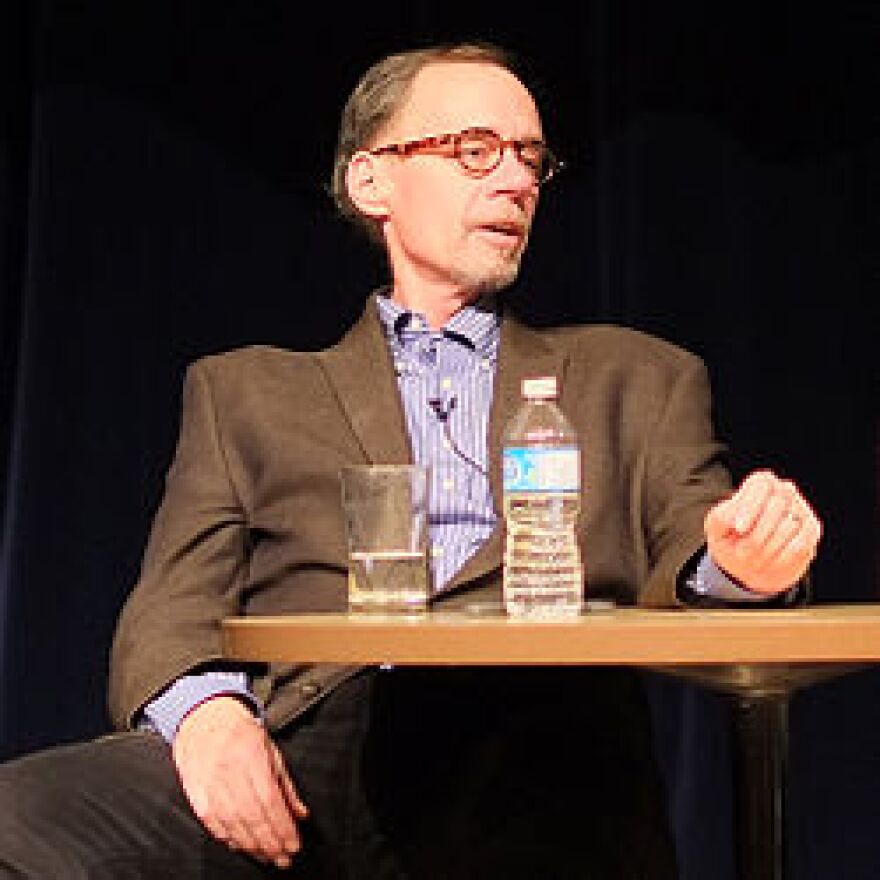It's just a journalism class. But the syllabus for this once a week class at Boston University went viral.
No doubt that is, in part, because it is being taught by iconoclast New York Times columnist David Carr.
Carr writes on media and culture and has made no bones about the fact he thinks the traditional way of launching a journalism career is no more.
No more getting a job at a little weekly and working your way up to a major daily.
He says, flat out, that 'escalator' is gone.
But Carr still thinks there is a job-rich environment for journalists if they know how to negotiate what he calls the 'present future'.
Lots of people think Carr has his finger on the pulse of the current state of media.
So when the syllabus for his new Boston University course "Press Play" was posted, the internet was all over it.
"First of all, David posted his class syllabus on a platform called Medium. It's a very interesting blogging-publishing system that's super clean and it's really easy to put multi-media elements into it. So just the way the syllabus looks it's just very, very different than most professors' syllabi," explained Kelly McBride of the Poynter Institute's Sense-Making Project.
It is very clear from the content of "Press Play" that this is not your father's journalism course.
"The full title of the course is "Press Play: Making and Distributing Content in the Present Future that We are Living Through," McBride said. "It really begins with this simple idea. The class will both look at the media ecosystem of today and make media, make journalism, and then distribute it."
What kind of media will be made and distributed? Take a look at the required reading for a guess.
"None of it looks like the traditional stuff that you would find in a Reporting 101 syllabus,' said McBride. "They're reading stuff from Gawker. They're reading a lot of stuff from The Atlantic. They're reading articles from BuzzFeed and Vice Media. But they don't get a lot of Washington Post. They're not looking back at Woodward and Bernstein."
And they are not looking at one single textbook.
"There's not a single journalism textbook on the syllabus," McBride explained. "As the editor of a journalism textbook, I was a little disheartened to see that."
But, McBride said she is excited to see what this new journalism class churns out.
"The final is a collaboration that they have to do in teams. And it's really interesting that he has the final due not on the last day of class, but about three or four weeks before the class is over," said McBride. "That's because he then wants them to go out and distribute that project and get data on how the audience consumed it. He really thinks that's an important part of being a journalist today."








